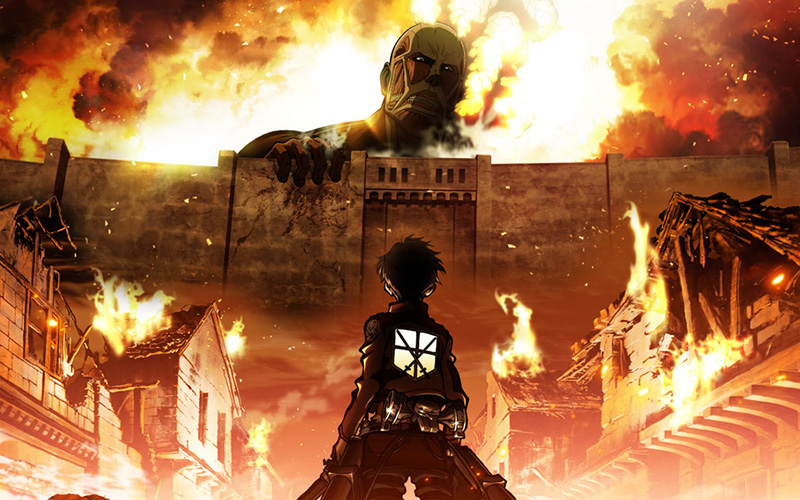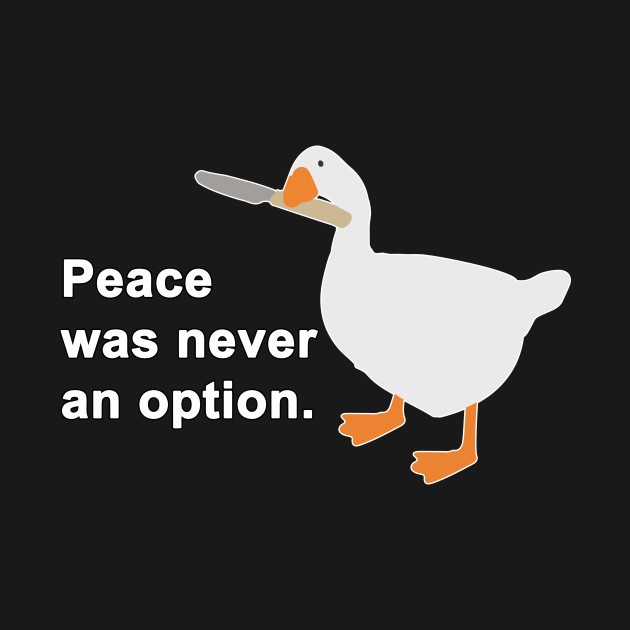
Case studies are among those that help build class dynamics. They could help put theories into reality. However, today, a student asked me an interesting question via email. I really like academically analyzing fictional series!
So, the following was my student’s question:
Hello sir, this is Earlyna Putri Sanjoyo from iup class A batch 2020 with the student number 20/457663/HK/22379.
i would like to ask question that unrelated with the topic we discuss on the class but, this is just out of my curiosity, i just want to know something from an international law lecturer’s perspective.
so, this is came from an anime show called ‘attack on titan’ but i think it’s kinda related with international law.
i just going to elaborate the whole story. so, thousand years ago there’s two kingdom named the eldian kingdom and the marley kingdom living together in the main island. the eldian kingdom has the titan power and they used it to invade the marley kingdom, they did mass murdering, invaded marleyan lands, and also oppressed them. but, after a big war called the great titan war, the descendant of the eldian kingdom decided to admit the sins of its predecessors and brought the eldians to an island named paradise island and he himself build the great wall with hundred of titans (the titans are inside the wall and used as the foundation of the wall) protecting the eldians that living inside the wall and erase the citizen memories with his titans power so that the eldians living inside the wall for many years only knowing that the titans already invading the world and they are the only humans that left when actually there’s still many people living outside the wall.
in the other hand, the marleyan rewrote the history and saying that eldians are devils and lesser race. outside the wall the rest of eldians that didn’t move into the paradis island were titled as the descendant of devils and living in an internment zone. not also that, the marleyan send a thousand of mindless titan which disables paradise people to living freely in their island. they also send the warrior unit to breach the wall so that the titans can go inside the wall and eat the citizen. and the marleyan also declaring the war against paradise island to the world.
so, right after the declaration of war a boy named eren yeager who inherit the power of titan attack the marleyan land. and months after that when he finally can combine the power of titans and become so powerful he decides to do the rumbling (meaning to trample the world with the power of thousands wall titan, similar to genocide) and claim that this is the only way to set the eldians free. but, there’s the alliance who used to be in the same corps as eren (eren’s friends) that want to stop the rumbling. the alliance only wants to bring the peace to eldians and also the world because according to them, the rumbling can cause a big massacre not only to marleyan but also all people in this world including many innocent lives. they want to stop this with the diplomatic ways to gather all nations in this world and talking about this and bringing the world peace. but, some people says that the alliance’s ideas are just so naive and peace was never an option and as long as the world still exist the paradise and eldians can never living freely and peacefully.
what do you think about that? i really want to know from your perspective also about the ‘peace is never an option’ is it applied in this case.
and about the alliance and their diplomacy, would that be unnecessary and useless??
i am really sorry if my questions are not related with the class topic and weird, but, i will be really glad and thankful to hear your perspective and for giving me another insight according to this.
thank you sir!
The following is my answer:
Hello there, thanks for the question. It is interesting how the attack on titan is a very old thing but it seems that the hype became big only very recently.
From an international law perspective, there are a number of things that we need to break down.
First, the most important question: what is the international law applicable in the attack on titan universe? Some may try to apply the actual today’s international law to the story, but that would not be correct. We don’t know what international law is applicable between the nations there. No treaties to speak of, and the minimum relation between the nations may suggest that there is little to no customary international law. For all we know, they might not even recognize pacta sunt servanda as a rule of law (although, if the different nations agree on something, perhaps they would recognize at least that they should honour that agreement).
Hence, for the purpose of the attack on titan universe, it may seem that the international world is a lawless one. It seems that “every man for himself” applies. The interest of each nation will be the highest according to them, and if they have the might to do something then they can do so. If they say “peace is never an option” and have the power to actually constantly inflict violence, then you may dislike it but there simply is no valid rule of law from which to fault that (unlike in our world).

If they don’t have the might to enforce their will, then they will have to act in reciprocity with the other nations. They are less likely to attack others but not because it is wrong (whether by legal or moral standards) but because they are not capable to do so without suffering unaffordable losses. But this is not international law, instead it is simply the natural rule of interaction within any ecosystem.
Nonetheless, if the story progresses with more intense relations between the nations, it is possible that customary laws may start to emerge between them. Note that reciprocity is the precursor to customary international law, usually governing the relations between just two nations. However, as it stands, there is no such thing.
Second, the alliance thing. To not make alliances during such time of crisis may seem counter-intuitive. Not just the Attack on Titan but also The Walking Dead seems debatably not realistic according to some. Some argue that such drama are overexaggerated and don’t happen in real life in such extreme situations, especially when these serials may show really stupid drama. Others argue that humanity has a knack for being extreme jerks both to nature and each other, so we cant entirely rule it out. It may be nice to imagine everyone holding hands in peace singing “heal the world”, and march together to face a common enemy.
Sometimes the dynamics of life, the lack of empathy in some humans, and the lack of rational thinking in others, would prove it sometimes more difficult to work together. It is because of this that back when I was studying I personally dislike group works, and rather do it by myself.
Anyways. As far as international law is concerned, making alliances may be one of the precursors of making laws, whether through agreement or customs. I don’t mean only when the alliance is made, but in the process of making the alliance as well, we may observe if there are any laws or customs that they seem to follow while interacting with each other. So, regarding this part, I suggest you watch closely to try pick up these clues.
Third, finally, the issue of rewriting history. You would see in the show how the altering of history and the erasing of memories help shape the policies that the leaders make. From there they gain popular support by people who think they have been “critical” and “informed”. This, in all likeliness, will also affect the way these leaders negotiate with other leaders from other nations and, if at all, make international law.
We must learn from this.
What we see in the Attack of Titan is a mere example of what we are actually experiencing. The way one writes, retells, and put meanings to history, is extremely important. It is what affects how you put meaning to life and your surroundings, it shapes what you want or do not want, and it affects entire civilizations in how it chooses to direct itself. This is why politicians are very concerned with both history and the media, and try to compete on placing their narrative as mainstream. Strangely, academic scholars are no different especially in our field.
The term “history is written by the victors” should be understood and used to critically analyse how we learn international law. After all, the international law we are learning is a product of thousands of years of human history with all that comes with it. We have touched briefly in our second session, this “rewriting of history” highly affects all aspects of life, from education generally as well as international law specifically. Many alleged “universal rules of international law” are products of historical experiences of certain nations, and they impose (either by force or by misleading) this ‘historical background’ towards other nations that did not experience that history. In that way they rewrite history, sometimes by deleting some parts and adding others or even changing the meanings of things which are not deleted.
When we say “history is very important”, we often say it without pondering, really, what that truly means. So the term “very important” does not go beyond our lips. It is one challenge to find proper sources from which to critically analyze history. It is another challenge to accept that what we have known for so long turns out to be wrong. But it all begins with realizing that we can and should not take the known version of history for granted.
If you have any comments, questions (relevant to this topic or otherwise), or disagreements, please do not hesitate to drop a comment.